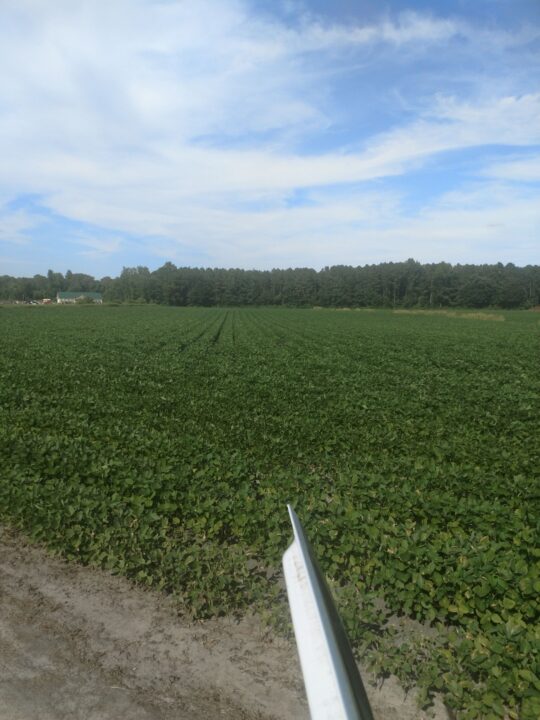New Project to Promote Water Security for Florida and Georgia Farmers
What’s more important than water to a farmer? Not much. With that in mind, the $5 million, five-year grant received by the University of Florida Water Institute to promote water security for the region’s farmers and foresters should come as welcome relief.
Faculty from UF/IFAS, University of Georgia, Albany State University, and Auburn University are collaborating on an integrated project made possible by funds from USDA’s National Institute of Food and Agriculture program.
Project investigators will conduct field experiments in Florida and Georgia to develop farming practices that reduce water use and fertilizer loss while still resulting in a profitable crop yield, according to UF Water Institute Director Wendy Graham. Building on this knowledge, a set of interactive computer models will be developed with input from farmers, foresters, springs, and river advocates, water managers, and other interested stakeholders in the region. The models will be used to predict impacts of different land-use, water use, and agricultural and forest production practices on water quantity, water quality, and the economy of North Florida and South Georgia.
“Our models will integrate stakeholders’ experience and scientific data to explore economic and environmental trade-offs among alternative scenarios of climate, land use, agricultural best management practice adoption, and water policy options,” Graham stated. “The goal is to help stakeholders and decision makers understand changes needed to achieve agricultural water security and environmental protection.”
The project’s Extension team will conduct on-farm demonstrations and develop smartphone apps to help farmers implement promising agricultural best management practices, Graham said. Training programs will be conducted with diverse stakeholders in Florida and Georgia to bring about preferred changes in production systems and incentive programs, she said.









